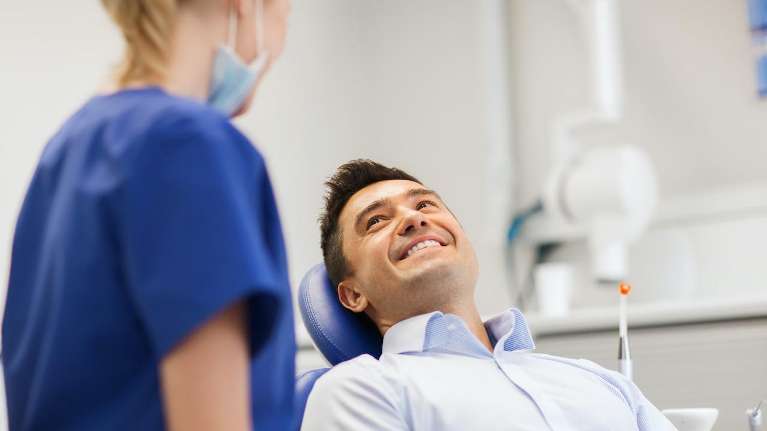
Can your spouse hear you grinding your teeth at night? Do you experience clicking and popping sensations in your jaw? Do you awaken with headaches or pain around your ear? Do you have tender jaw muscles or experience pain when yawning or chewing? If you answered yes to any of these questions you may be experiencing a temporomandibular disorder (TMD.) It can be caused by stress, arthritis, and jaw or head injuries. You do not have to accept the resulting pain as part of life - it can be cured! Depending on the severity of the condition, you may require a minor bite balancing which will redistribute the destructive forces of your bite. Sometimes a simple night guard can go a long way in providing relief. You are not alone. Over two thirds of the population experience some signs of TMD at some point, and we can help.



